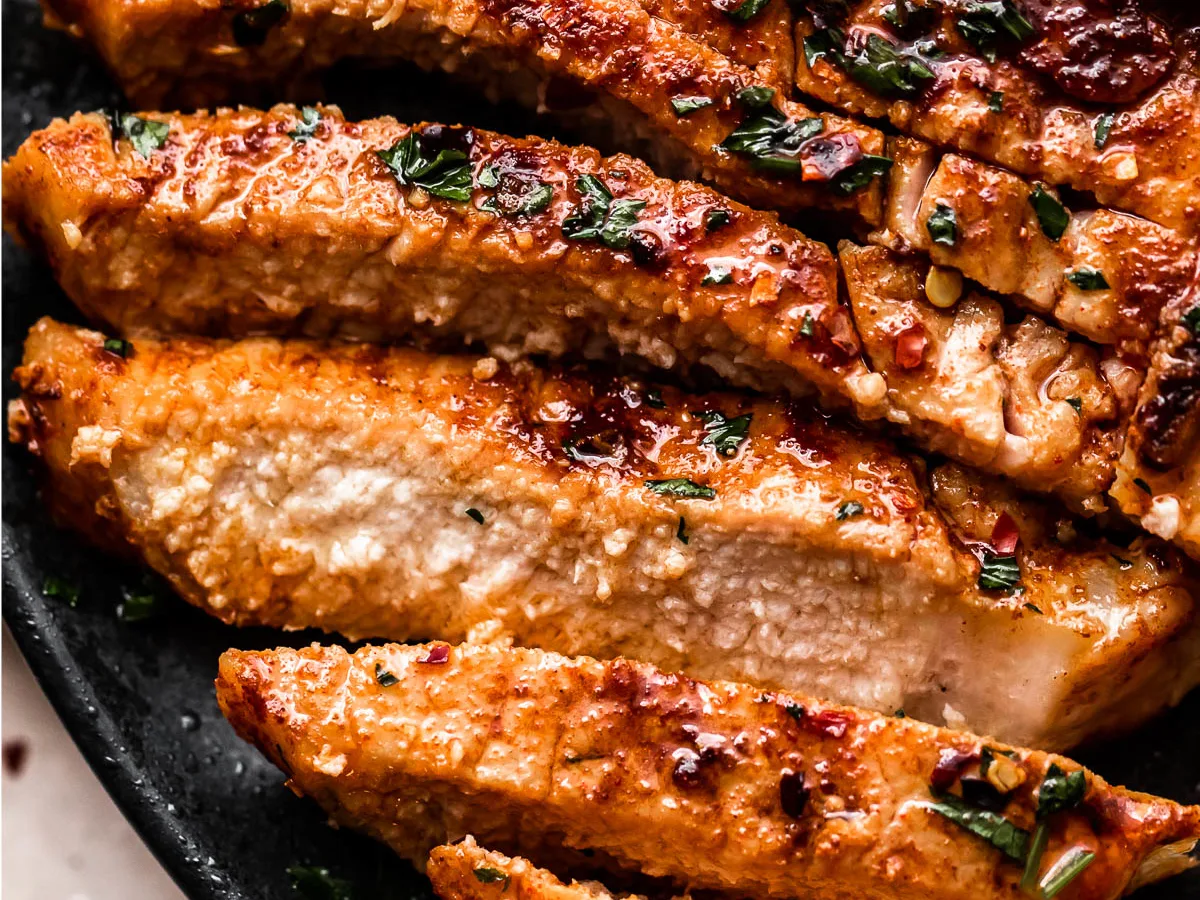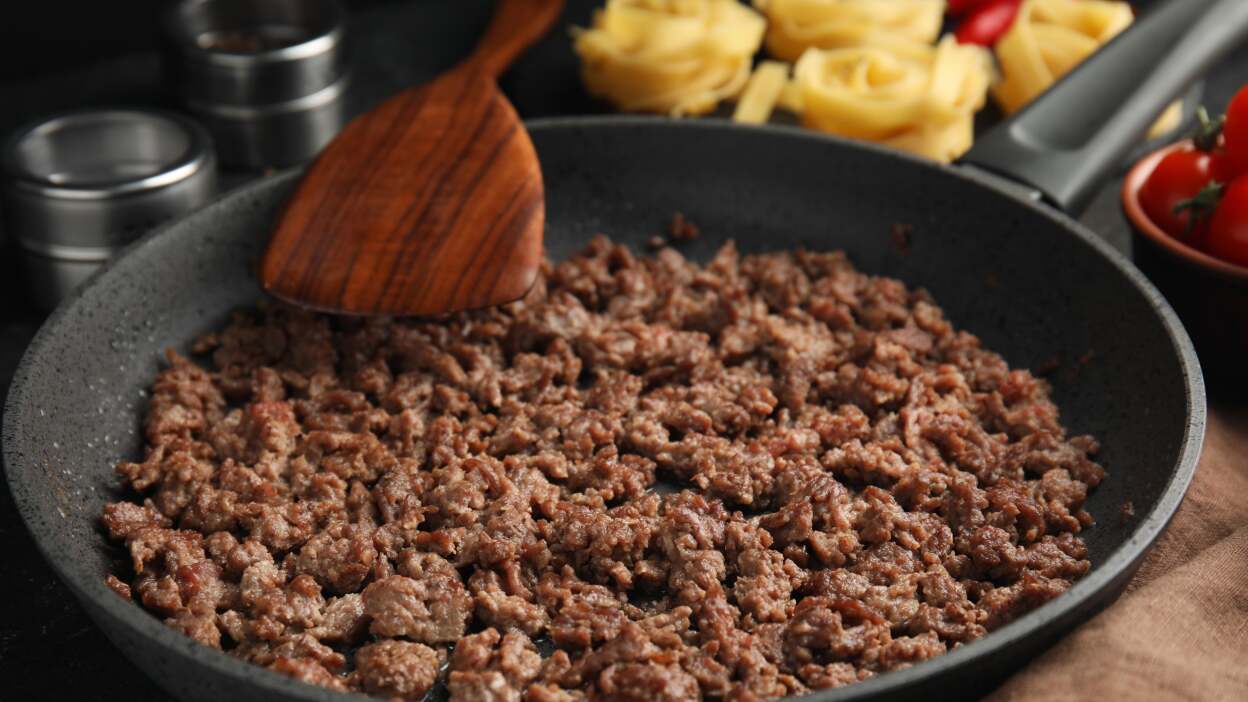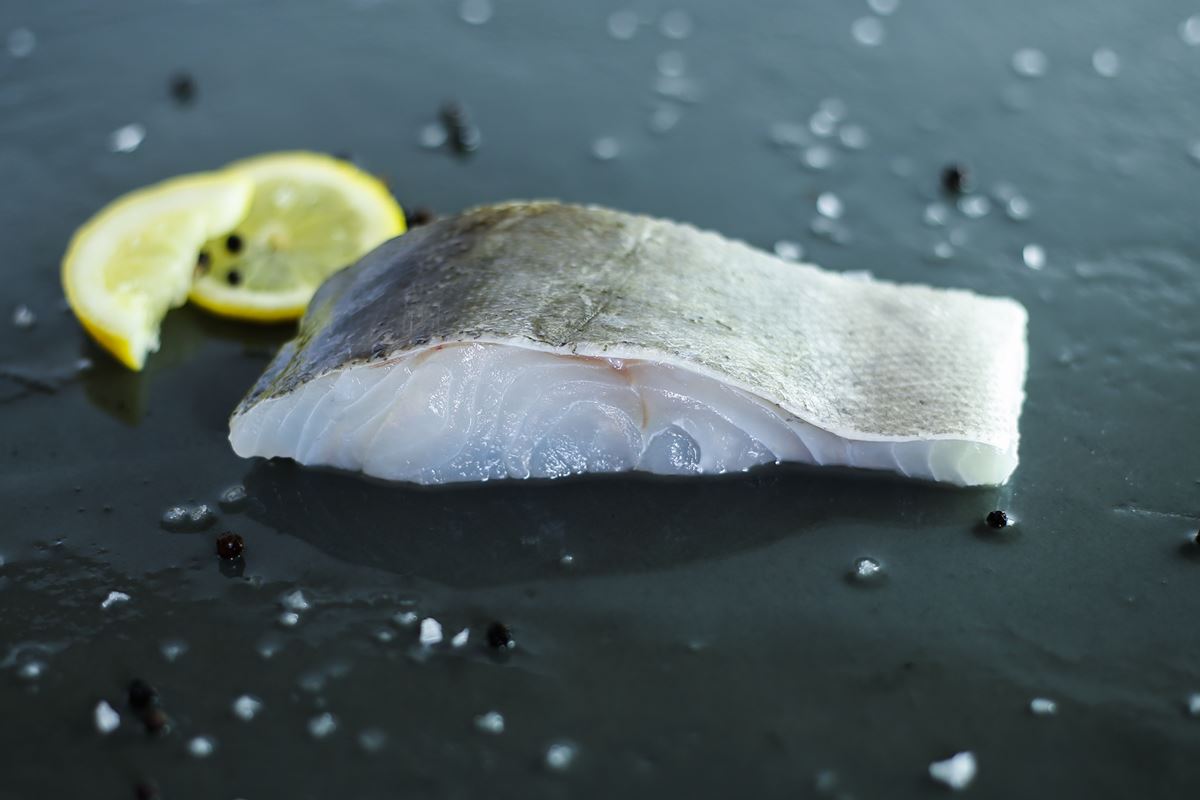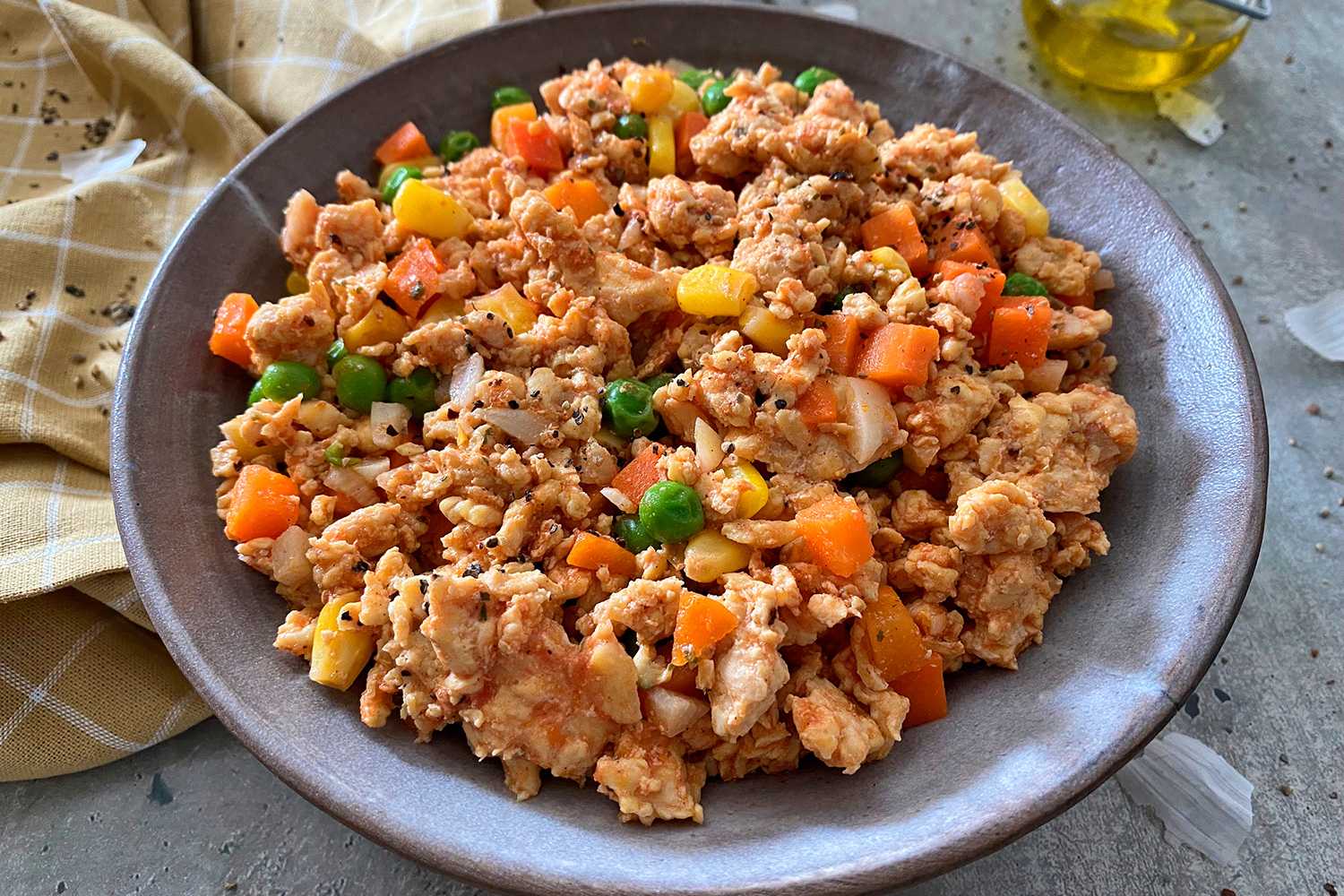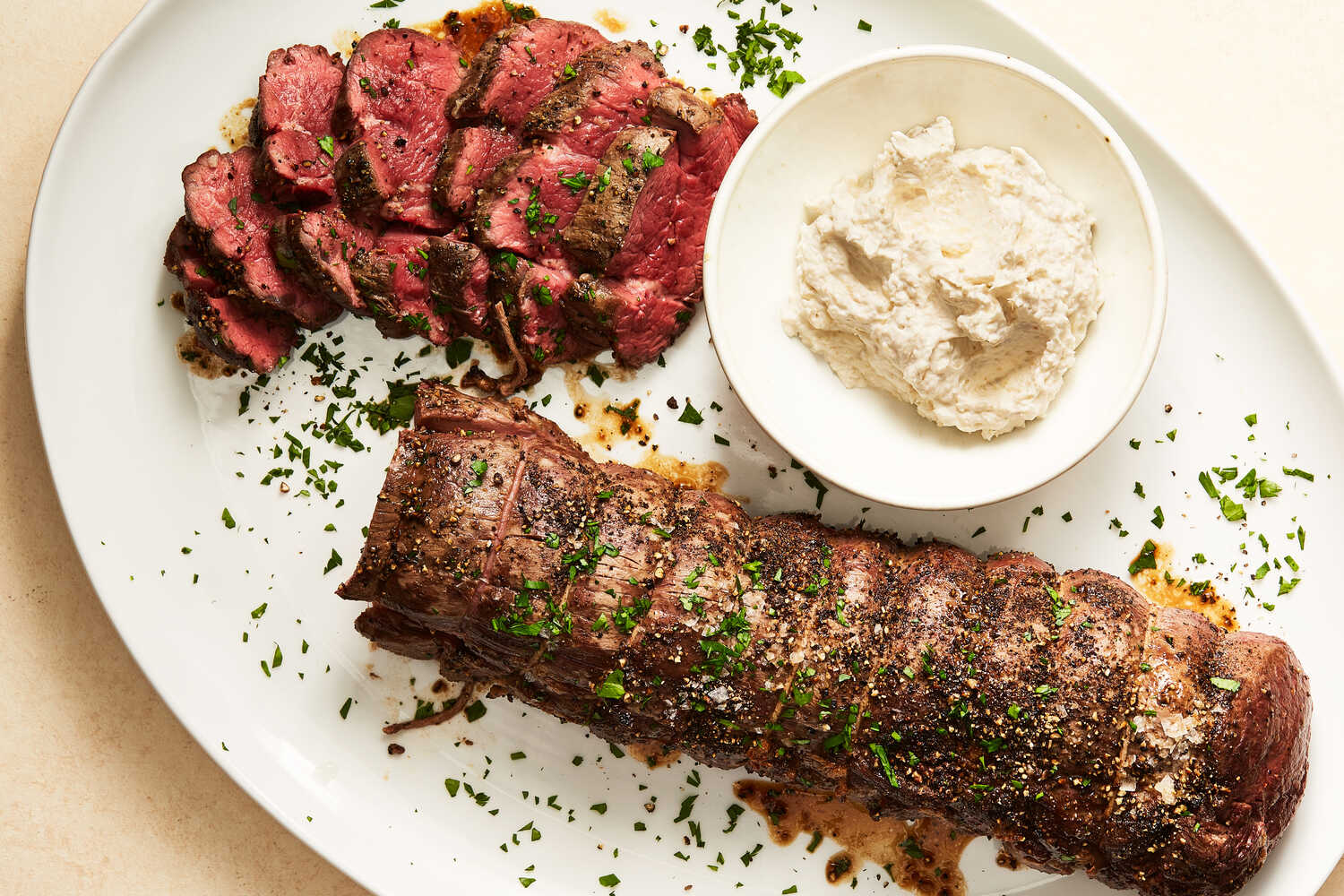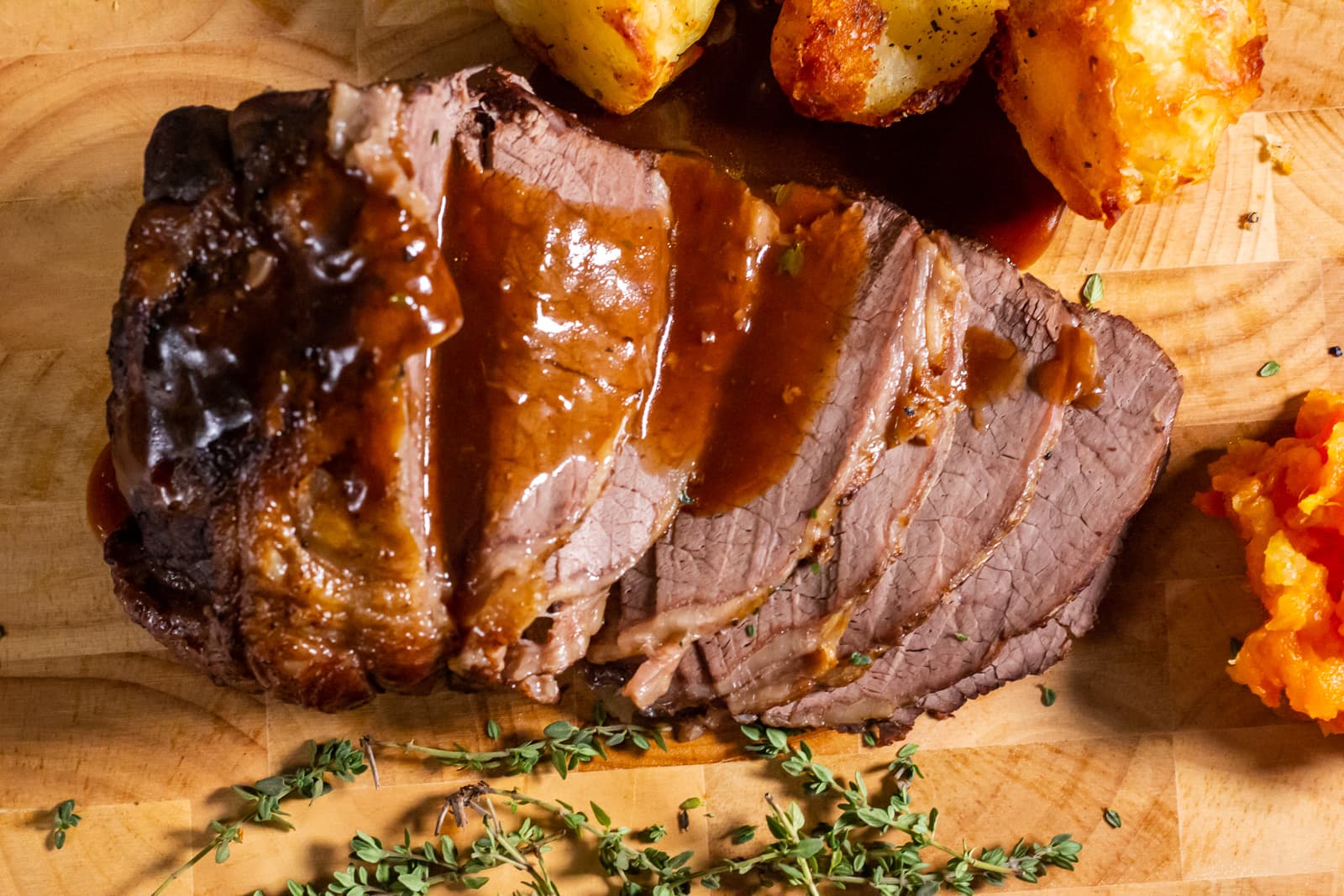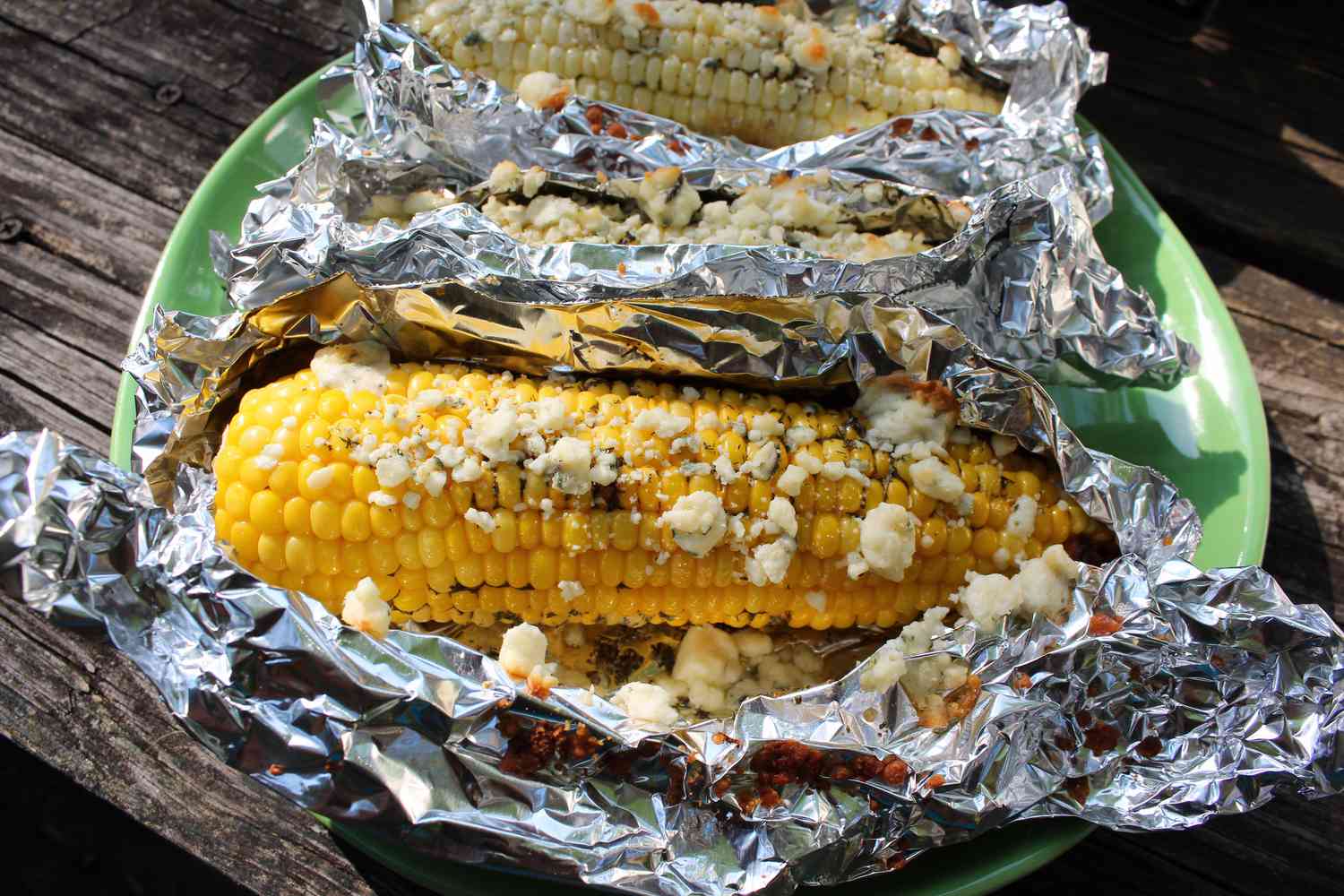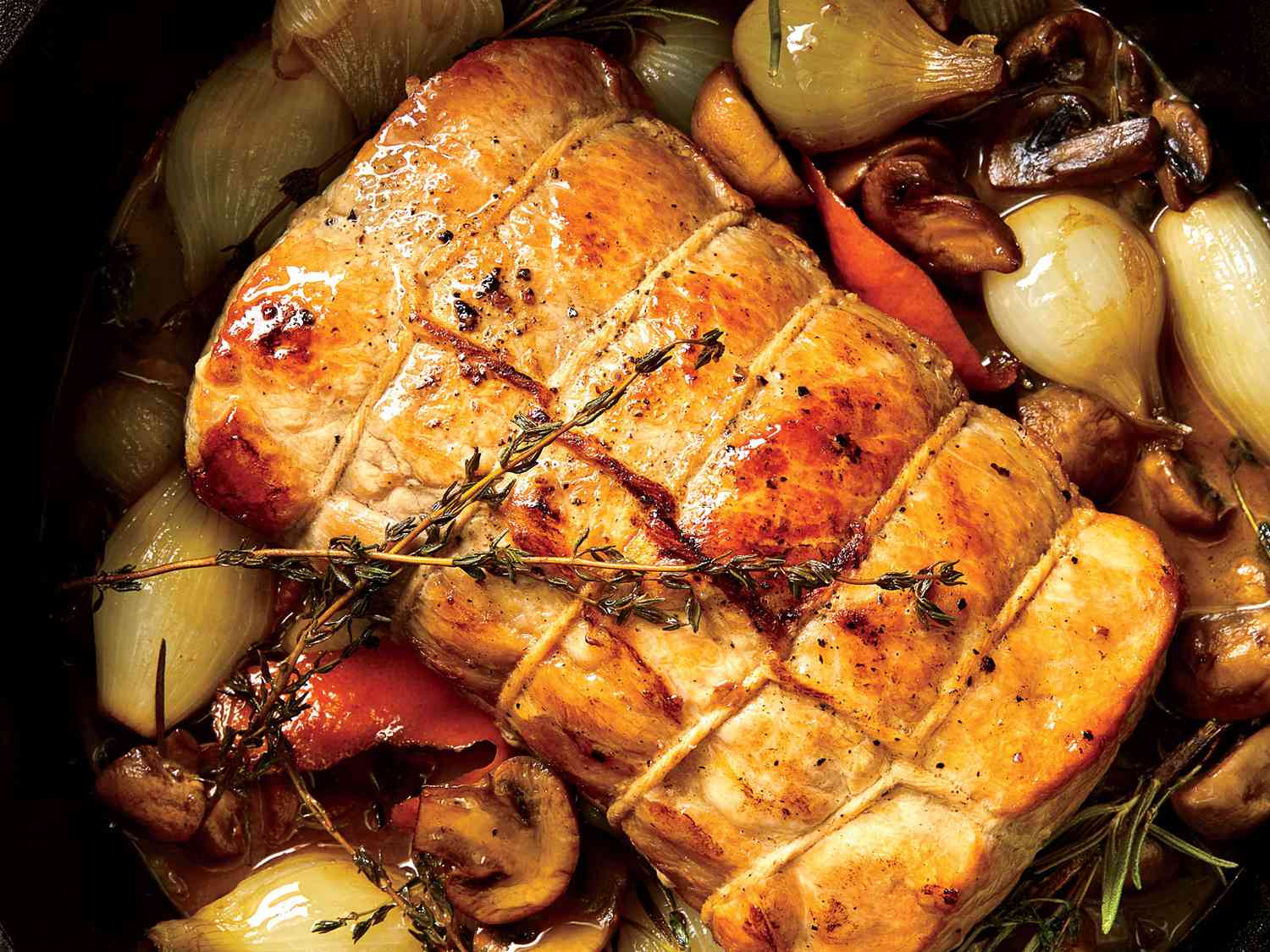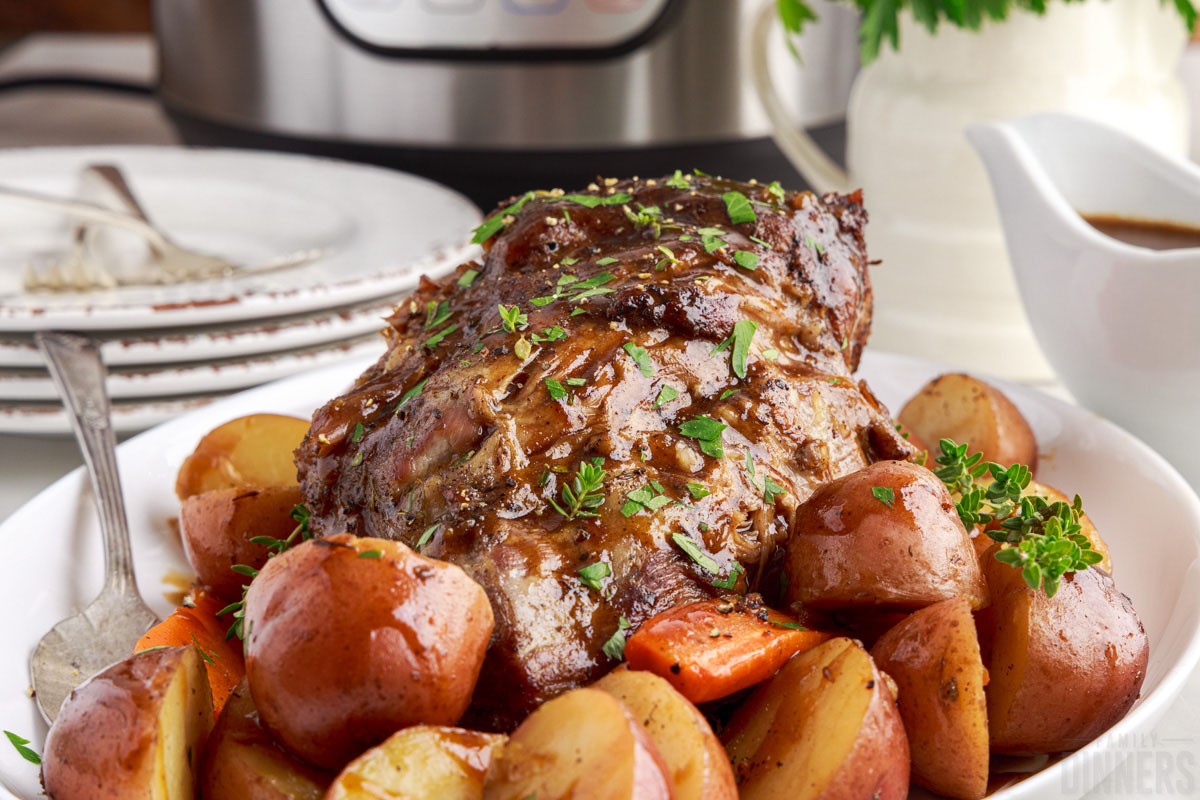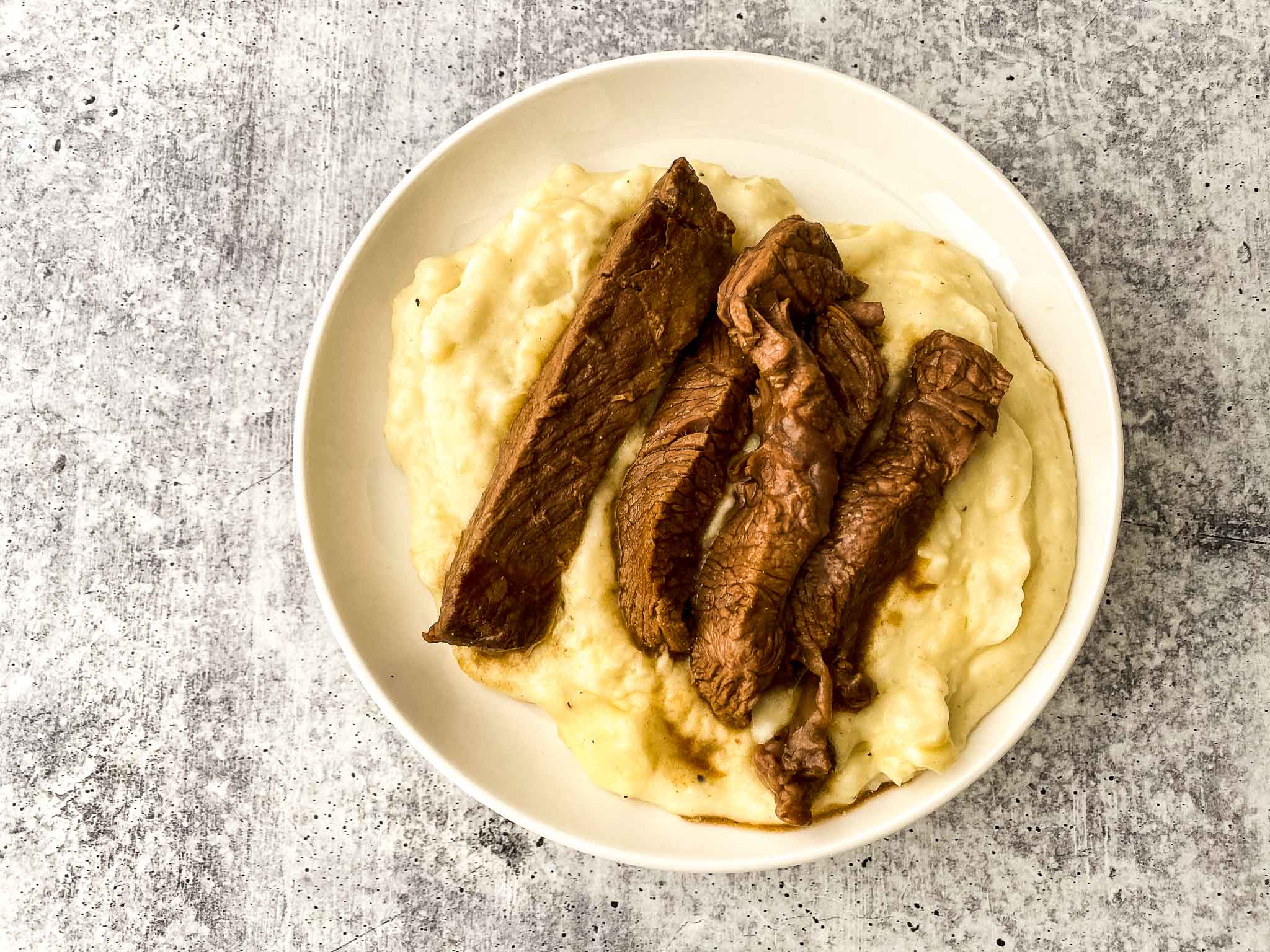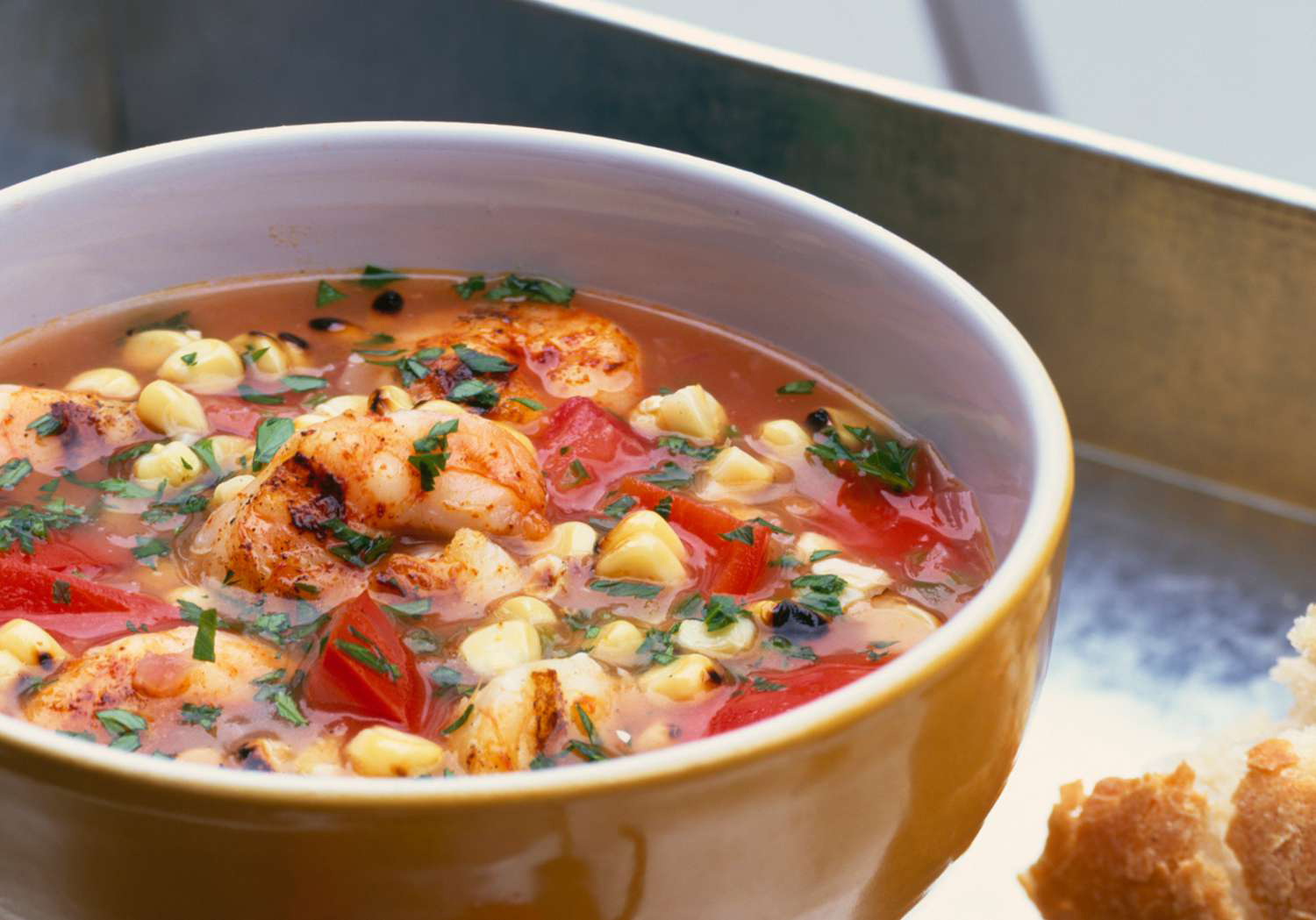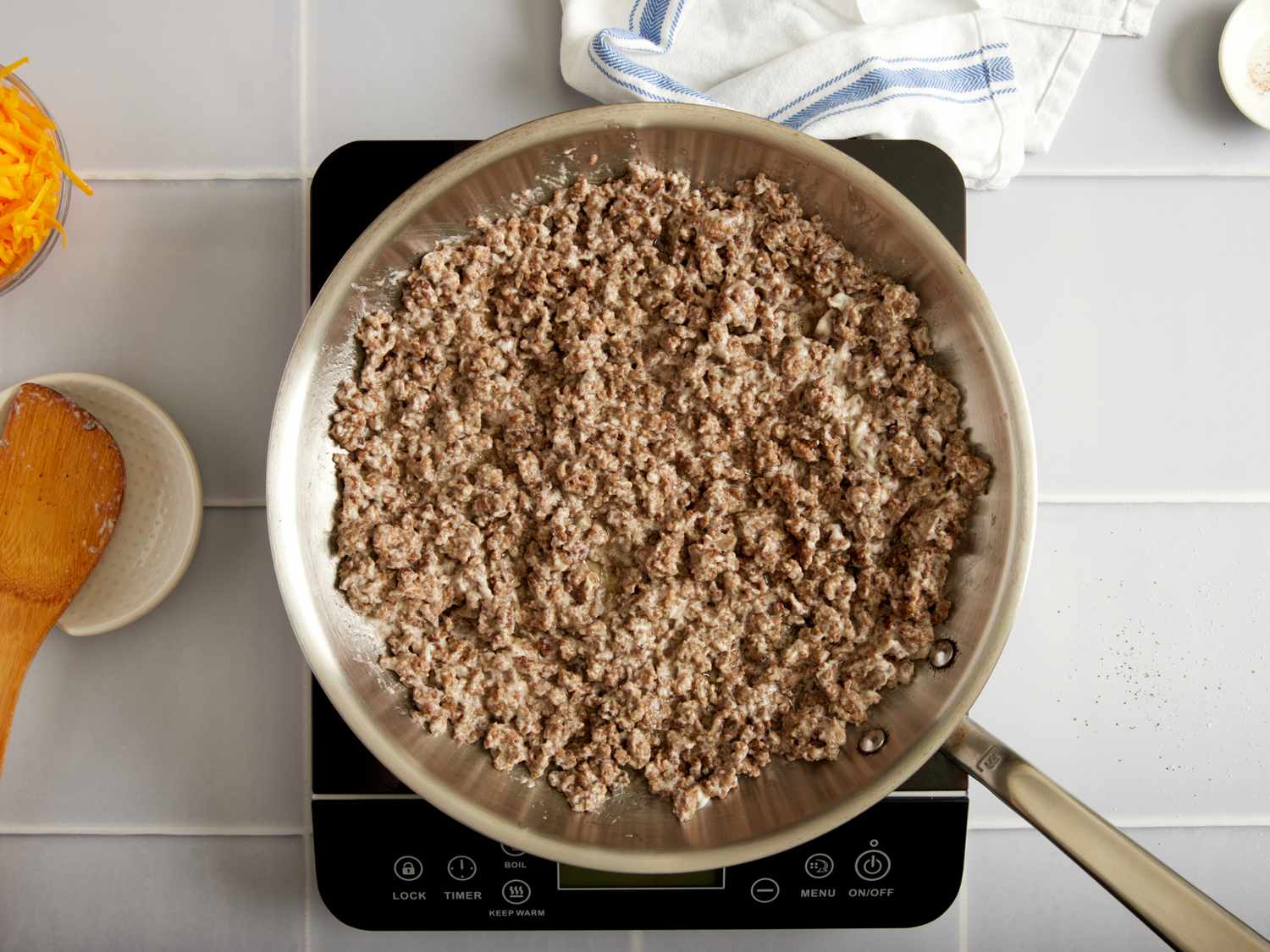Mastering the Art of Cooking Pasta Penne
Greetings, fellow food enthusiasts! Today, we embark on a culinary adventure in the realm of pasta penne. Known for its versatile shape and ability to soak up sauces, pasta penne has become a staple in households around the world. Whether you are a seasoned chef or an amateur cook, this guide will help you master the art of cooking pasta penne to perfection.
The Perfect Pasta Penne
Before we dive into the cooking process, let’s take a moment to appreciate the characteristics of the perfect pasta penne. This cylindrical-shaped pasta with angled ends is designed to hold onto sauces, making it ideal for a wide range of dishes.
When selecting pasta penne, opt for a high-quality brand made from durum semolina for the best texture and flavor. Additionally, look for a pasta that has a rough surface as it helps the sauce adhere better, resulting in a tastier dish.
Step-by-Step Guide to Cooking Pasta Penne
1. Boil the Water:
Fill a large pot with water and bring it to a vigorous boil. It is essential to use ample water to prevent the pasta from sticking together.
2. Season the Water:
Add a generous amount of salt to the boiling water. As a rule of thumb, use approximately 1 tablespoon of salt for every 4 liters of water. Salting the water properly enhances the flavor of the pasta.
3. Add the Pasta:
Once the water is boiling and seasoned, carefully add the pasta penne. Stir gently to ensure it doesn’t clump together.
4. Cook Al Dente:
Cook the pasta penne according to the instructions on the package, but aim for al dente, which means it should still have a slight firmness when bitten. This will allow the pasta to hold its shape and marry perfectly with your chosen sauce.
5. Test for Doneness:
To check if the pasta is cooked to perfection, carefully fish out a piece using a slotted spoon and taste it. If it is tender yet slightly firm, it is ready to be drained.
6. Drain the Pasta:
Using a colander, drain the cooked pasta penne, shaking off any excess water.
7. Save Some Pasta Water:
Before you completely drain the pasta, reserve a small cup of the cooking water. This starchy liquid can be used to adjust the consistency of your sauce later on.
8. Pair it with the Perfect Sauce:
Now comes the exciting part! Toss the cooked pasta penne with your favorite sauce to create a delicious masterpiece. Whether it’s a classic marinara, a creamy Alfredo, or a spicy arrabbiata, the choice is yours!
Tips and Tricks for Perfect Pasta Penne
- Stir Occasionally: While the pasta cooks, stir gently to prevent it from sticking together.
- Serve Immediately: For the best taste and texture, serve the pasta penne immediately after cooking.
- Pair Pasta Penne with Ingredients: Add in some complementary ingredients such as vegetables, meat, or herbs to elevate the flavor profile of your dish.
- Experiment with Different Sauces: Don’t be afraid to get creative! Try out various sauces to discover new and exciting flavor combinations.
- Reheat with Care: If you have leftovers, reheat the pasta gently in a saucepan with a splash of water to prevent it from drying out.
Now that you have unlocked the secrets of cooking pasta penne, it’s time to unleash your culinary skills and create mouthwatering dishes that will leave everyone impressed. So grab your apron, boil that water, and let the pasta penne extravaganza begin!
The guide offers a wealth of pasta penne recipes that will leave you spoilt for choice. For those who enjoy creamy dishes, the Classic Penne Alfredo and Penne Carbonara are must-tries, boasting rich and indulgent flavors. If you prefer a bit of a kick, Penne Arrabbiata will spice up your meal with its fiery tomato sauce. Veggie lovers shouldn't miss Penne with Roasted Vegetables, a colorful and nutritious option. For a comforting bake, Baked Penne with Mozzarella and Marinara combines gooey cheese with classic marinara sauce. Each of these recipes utilizes the cooking techniques in the guide, ensuring delicious results every time.
Was this page helpful?
Read Next: How To Cook 1 Cup Of Lentils
